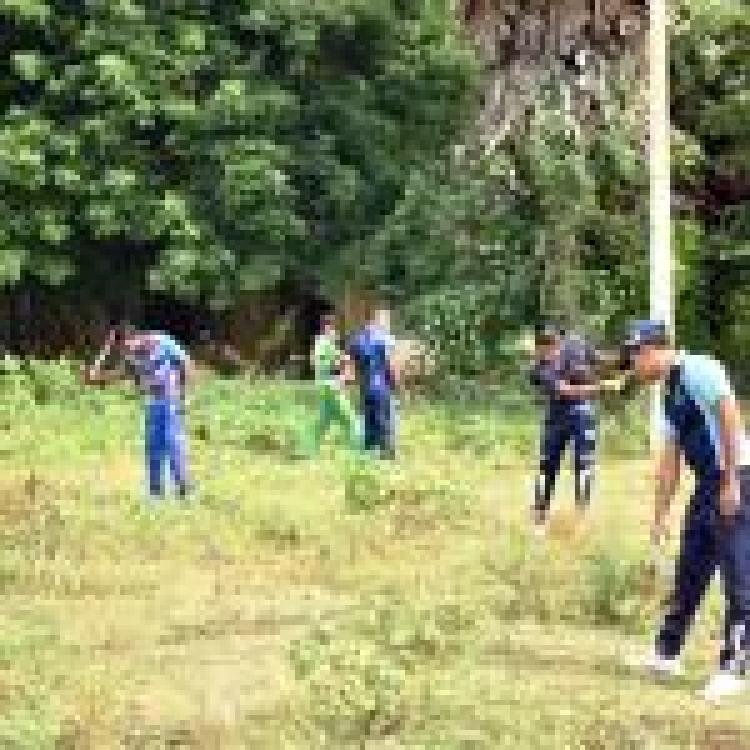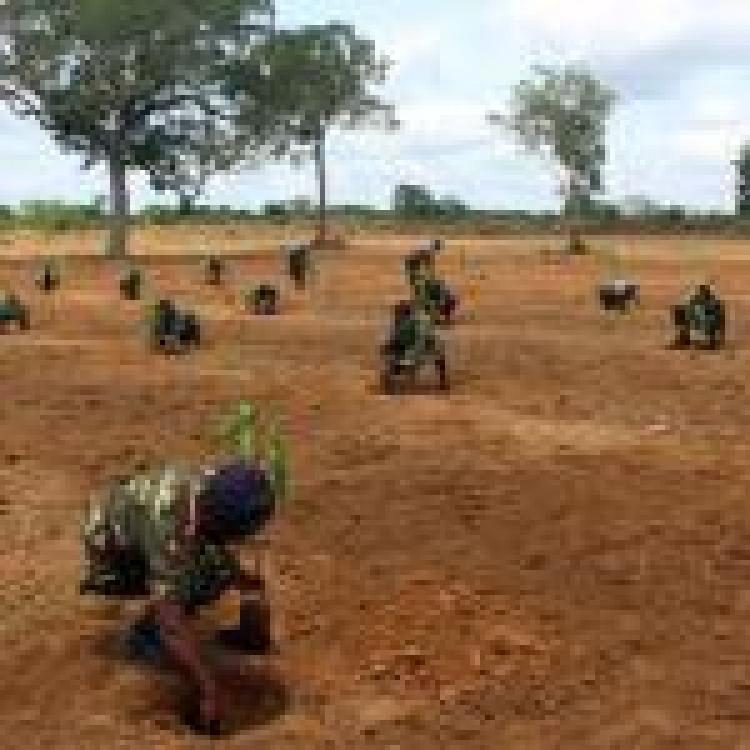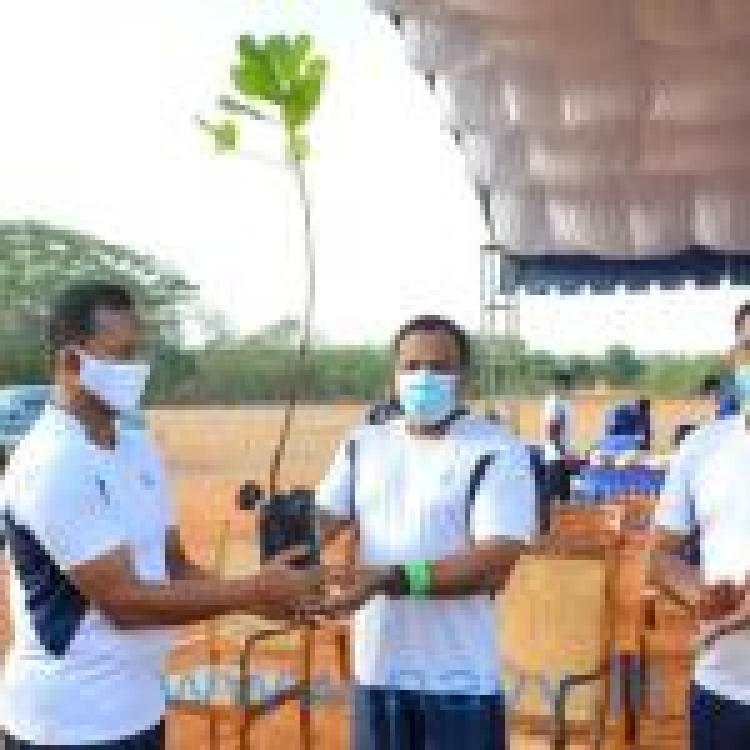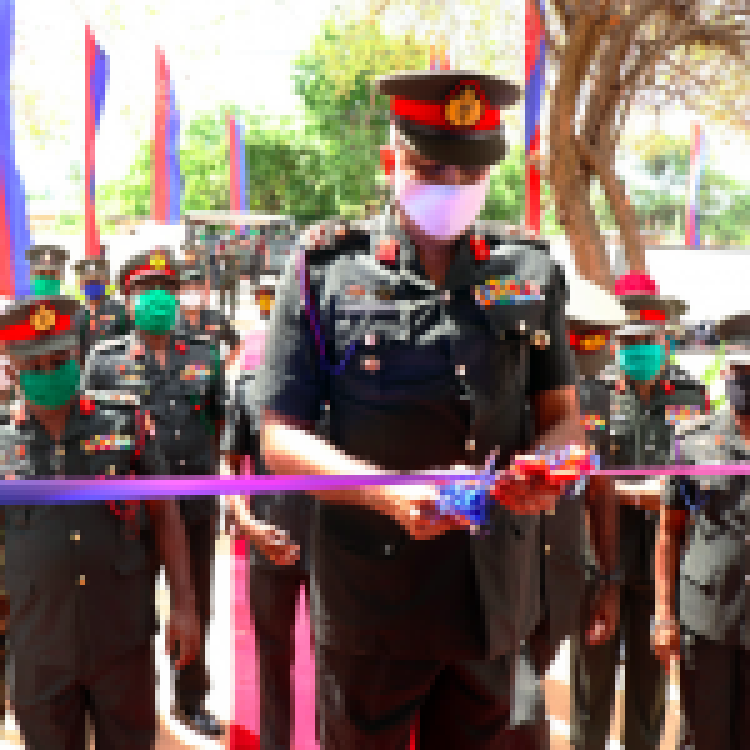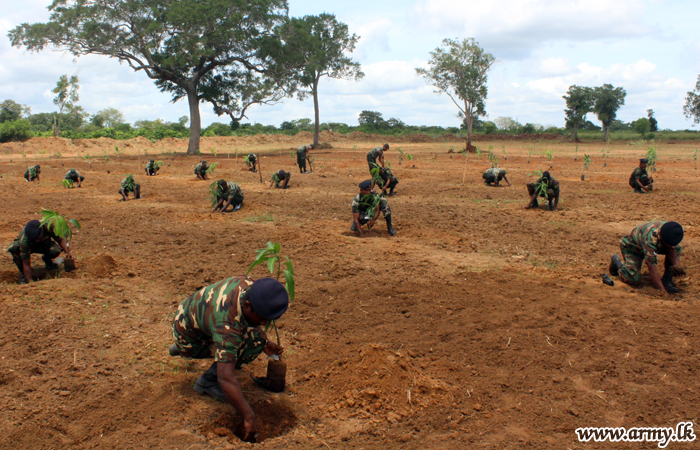
Jaffna District Army Commander, Major General Senarath Bandara, recently told media representatives, that the army are ready to cooperate within the Northern province for agriculture, Virakesari reported.
This is the latest example of the Sri Lankan military's approach to embed and normalise the process of militarisation, despite the armed conflict ending over a decade ago. The North and East remains heavily militarised with military involvement encroaching on all aspects of civilian life.
According to a Human Rights Watch (HRW) report in 2018, the Sri Lankan military "occupy private land that is owned and was used by civilians, and state land intended for non-military purposes." In the report, HRW state that military occupation of land is among the primary contributors to continuing displacement: according to the government, as of 2017, nearly 40,000 people remained internally displaced in the country, a majority from Jaffna.
The intrusion into civilian life by the military is having a detrimental impact on the economic stability and livelihoods of the Tamil population and has led to the creation economic dependence on the military, rather than economic development.
Tamil politicians and civil society organisations have repeatedly called for demilitarisation, however, tens of thousands of soldiers remain stationed across the North-East.

